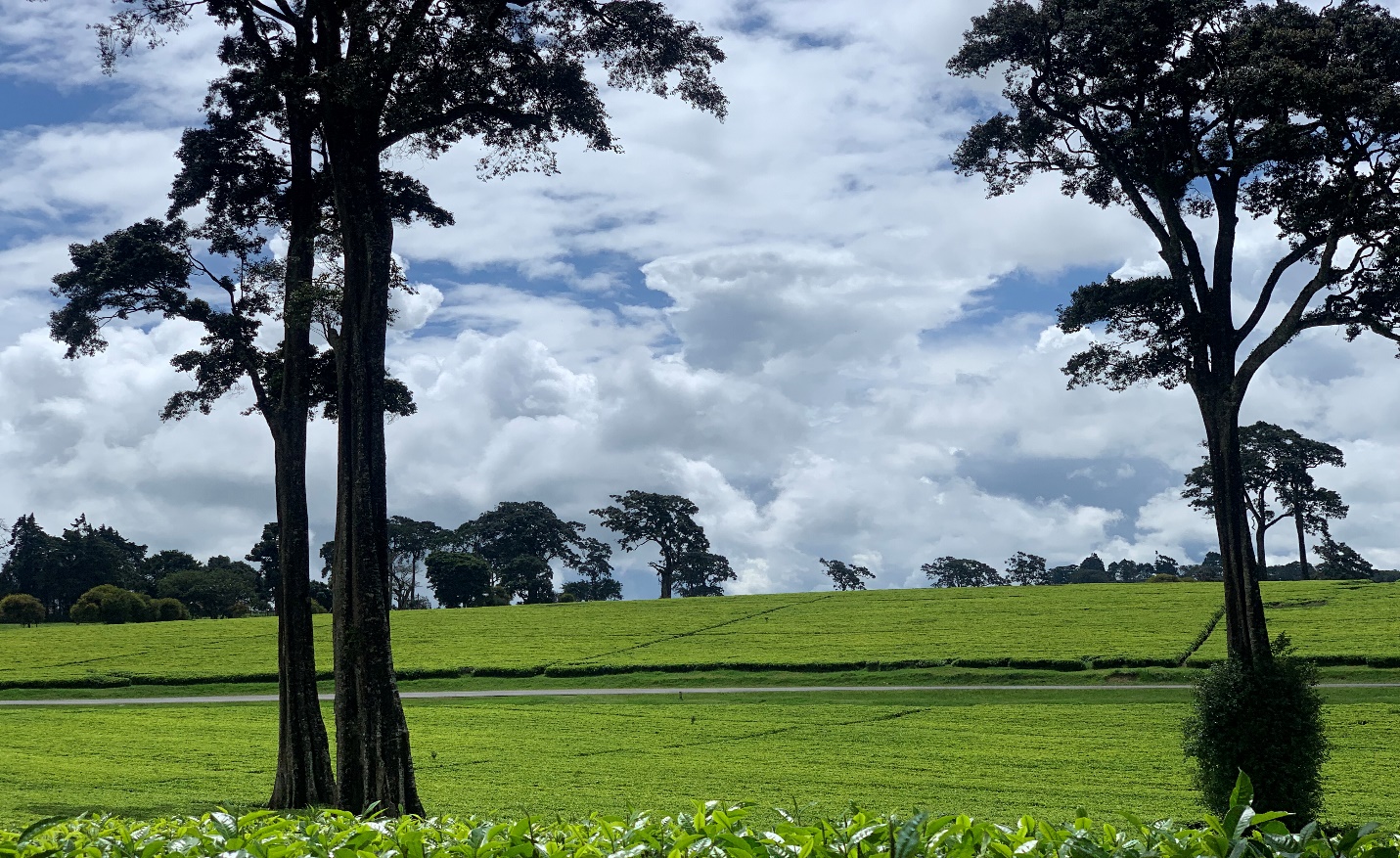
Why A Green Card Search For Property Matters During Due Diligence
Aug 01, 2024 Land

Image: Waithera Mbugua
A green card is an actual green piece of paper that maps out a property’s history. It lists all previous owners and when they owned that piece using a hard-to-alter systemized method. This makes it one of the most important documents in due diligence and a must-have before buying land. You will find this document in the land registry.
A green card has three sections: The property section with property details, including the map sheet number you will ask for at the registry; the Proprietorship section with details of previous registered owners and Encumbrances listing all the charges to that property. Any discharges will also appear here to show, without a doubt, that the property is free to transfer.
Why A Green Card Matters in Land Acquisition
Unlike a title deed that only shows details of the current landowner, a green card goes the extra mile, as shown below.
It is Detailed
A green card shows the size of land, boundaries, whether it is near or located in a protected zone, subdivisions, and encumbrances or restrictions. This search is deeper than that of a title deed and will give you all the information you need about the history of your potential investment. The details on a title deed should mirror the green card so it validates a deed.
Prevents Future Disputes
The boundaries are marked to prevent future disputes with neighbors since even subdivided land has a green card for every piece. A green card also shields you from future disputes by documenting any restriction that could prevent you from acquiring or developing a property as you wish.
Another thing worth noting is that the details – especially pertaining to previous cautions and charges – are clearly outlined in the green card. It will tell you explicitly if the property you are about to buy went through the correct processes, such as succession. There may be unresolved issues that the title deed will not necessarily expose, so digging deeper to see what lies in a property’s history will save you future regrets and even litigation.
Acquiring a Green Card
Typically, a conveyancing advocate will apply to the Registrar of Lands to issue a certified green card. A fee of Kes. 2,500 (and additional lawyer fees, of course) applies, and after the Registrar is satisfied with the reasons for the application, they will issue it. It typically takes 3-5 days from application to issuance. Note: Only an advocate of the high court can request the Registrar, in writing, to issue a certified copy of the green card.
Replacing a Green Card
Land, due to its finite nature, attracts all manner of fraudsters. A green card is ideally secured at the Ministry of Lands, so you would expect it to be available when you apply for it. That hasn’t always been the case.
The replacement process mirrors that of a lost title deed – read more here. First, report the loss to the police and obtain an abstract. Then, swear an affidavit to the fact that the document is lost, and you have no knowledge of where it could be. This vitally records information that prevents any fraudulent activity with your property.
Visit your local Land’s Registry office with the police abstract, affidavit, a copy of your national ID or passport, and proof of ownership – a copy of the title deed. You will fill out a form for green card replacement to accompany the documents and pay the required fee. When the Registrar is satisfied with the documents and request, they will issue a new green card with the property’s history.
What Happens to a Green Card When Land is Subdivided?
The mother title rests at the Land’s Registry when land is sold and subdivided. It is canceled and can no longer be used for transactions, and new titles are released to reflect the changes. The green card rests with the mother title, too, in that it is closed, and new ones are opened to reflect the changes in the current titles. The new titles, since they have to reflect what is on the green card, will have the mother title’s number that a buyer can refer to when they decide to request, through an advocate, for a certified copy of the closed green card.
Quick FAQ
Q: Is the green card essential for due diligence when buying land in Kenya?
A: Yes, its importance cannot be overemphasized. The green card shows all the property details, from the title deed number to all its previous and current owners.
Q: Can a lost green card be replaced?
A: Yes, you can apply for a replacement with all the details of the lost green card since all the information is available at the Land’s Registry.
Q: Is a green card ever closed?
A: Yes. When land is subdivided and new titles issued, new green cards, the same number as the new title deeds, are opened. You can still commission a copy of the old green card from the Registrar in writing.
